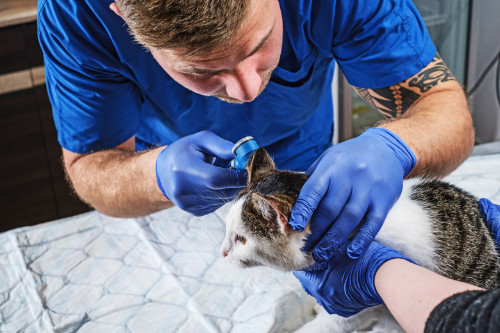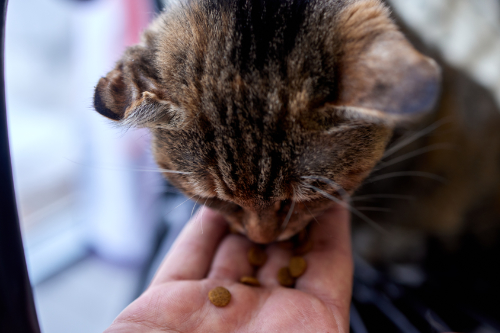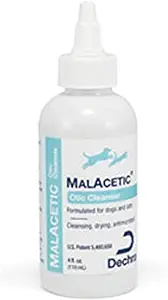Ear infections in cats are a common health issue that can cause significant discomfort and even as a result lead to hearing loss if left untreated. As a cat owner, it’s important to know the signs of an ear infection. And if it does occur, how to properly treat it to ensure your pet’s well-being.
In this article, we will discuss the symptoms, causes, treatment, and home remedies for ear infections in cats, as well as the recovery and management process.
Introduction
Ear infections in cats occur when bacteria, yeast, or mites invade the ear canal and as a result cause inflammation. The infection can be mild or severe, and it’s important to detect it early to prevent further complications.

Symptoms of Ear Infections in Cats
The most common signs of ear infections in cats include:
- Head shaking
- Scratching or rubbing the ear
- Swelling or redness in the ear
- Discharge or odor from the ear
- Tilted head or loss of balance
- Hearing loss
It’s important to note that these symptoms can also be seen in case of ear mites. These mites cause inflammation of the ear as well.
Causes of Ear Infections in Cats
The most common causes of ear infections in cats include:
- Weak immune system in the ear: bacteria can grow
- Allergies cause inflammation of the skin in the ear
- Excessive wax buildup
- Moisture in the ear
- Foreign objects
- Trauma or injury to the ear
To prevent ear infections, it’s essential to keep your cat’s ears clean and dry and avoid exposing them to any potential irritants or foreign objects that can enter the ear.

Treatment of Ear Infections in Cats
Home Remedies for Ear Infections in Cats:
While professional treatment is always recommended, there are some home remedies that can help resolve the symptoms of ear infections in cats, including:
- Cleaning the ears with a vet-recommended cleaning solution that reduces bacterial and yeast growth. Use the solution twice a day for at least 5 days. As a result the infection should resolve in about 7 days.
- Use of natural products like witch hazel or apple cider vinegar. This ensures that the ear canal is a less suitable environment for bacteria to grow in.
- Adding salmon oil to you cat’s diet with every meal. This increases the immunity of the skin and ears. As a result bacterial and yeast growth is prevented.
It’s important to note that home remedies should start to resolve the symptoms in a few days. If the ear infection seems to be getting worse or if it’s not resolved within a week you should seek veterinary care.
Professional Treatment Options:
In some cases, ear infections in cats require professional treatment by a veterinarian. The vet will use his microscope to try to find out if it’s cause by bacteria or yeast. The treatment plan may include:
- Use of antibiotics
- Other medical treatments as prescribed by the vet
- Surgery or CT scan in severe cases
Recovery and Management of Ear Infections in Cats
The duration of treatment for ear infections in cats can vary depending on the severity of the infection. Follow-up care is essential to monitor progress and ensure that the infection has been fully treated. In most cases the symptoms should start to resolve in two or three days and be completely gone in seven days. If not, you should seek veterinary help.
Managing chronic ear infections can be challenging, and it’s important to work closely with your veterinarian to determine the best course of action for your cat. But treating your cat’s ears with a sour ear drop will prevent bacteria and yeast to grow easily. As a maintenance dose, you should put this in your cat’s ears twice a week.
If your cat’s ear infections keep coming back, there may be an allergic cause. In that case, you can ask your vet for a blood test for an atopic-allergy test or do a food allergy test yourself with the following food. You need to give only this food for 8 weeks to your cat. So no other treats or extra food. If it will help, you need to be patient. If a food allergy is what is causing the ear infections you will not see any difference in the first 4 weeks. After that you should start to see that his problems start to resolve. If it didn’t after 8 weeks, there is no food allergy causing his problems.
Conclusion
Ear infections in cats are a common health issue that requires prompt attention and proper treatment to avoid further complications. By recognizing the symptoms and seeking care, you can help your cat recover from an ear infection and prevent future occurrences.
Remember, home remedies do not always work as you hope. If it doesn’t, seek veterinary care to help your cat.




